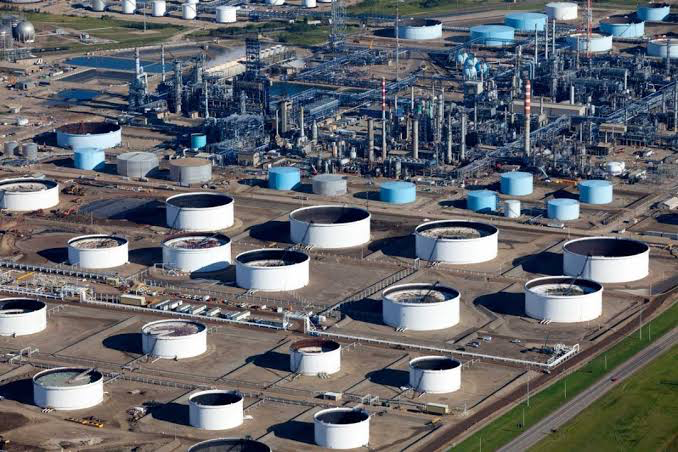KEY POINTS
- Nigeria’s oil reserves declined from 38 to 37.5 billion barrels.
- Reduced exploration linked to policy delays, global crises, and divestment.
- NUPRC suggests aggressive drilling and improved seismic data acquisition.
Nigeria’s oil reserves have decreased significantly over the past 14 years, dropping by 50 billion barrels due to a decline in exploration activities. According to the Nigerian Upstream Petroleum Regulatory Authority (NUPRC), reserves reduced from 38 billion barrels in 2008 to 37.5 billion barrels by 2023.
The NUPRC attributes this decline to reduced investments by exploration and production (E&P) companies, citing delays in the passage of the Petroleum Industry Bill (PIB), the global recession of 2016, and the COVID-19 pandemic as major contributing factors. These issues caused investor confidence to wane, resulting in fewer exploratory projects and a subsequent impact on job creation in geophysical and geological servicing companies.
“It has been observed that exploration activities declined tremendously due to a lack of investment by E&P companies,” the NUPRC said in a recent publication. “The effects cannot be overstated, with job losses and a decline in reserves growth becoming evident.”
The regulator noted a brief recovery in exploration activities after the passage of the Petroleum Industry Act (PIA) in 2021, which introduced favorable fiscal terms and reignited investor confidence. However, exploration slowed again as international oil companies began divesting from the Nigerian market.
The ongoing decline in exploration has underscored the need for proactive measures to reverse the trend.
Reviving Nigeria’s exploration efforts
The NUPRC has outlined several strategies to address the drop in oil reserves and encourage more exploration activities. These include requiring E&P companies to drill at least one exploratory well annually and acquiring advanced seismic data to explore deeper reserves.
The authority also recommends reprocessing existing 3D seismic data using improved technology to enhance subsurface imaging and mandating the use of 4D seismic data for older fields that have been in production for over a decade. Additionally, the NUPRC has called for regular bid rounds to attract new investments into the sector.
“Incentivizing deep drilling into high-temperature and high-pressure regimes for new discoveries is critical,” the NUPRC said. “Fast-tracking the maturation of identified leads and prospects will also be instrumental in growing reserves.”
A call for collaboration
The NUPRC stressed the importance of collaboration between the government, regulatory agencies, and industry stakeholders to restore Nigeria’s reserves to sustainable levels. By implementing the recommended measures, the authority believes Nigeria can regain investor confidence, expand its exploration activities, and secure its position as a key player in the global energy market.
The focus on aggressive exploration, improved technology, and policy support could mark a turning point for the country’s oil and gas sector, ensuring long-term growth and stability.



